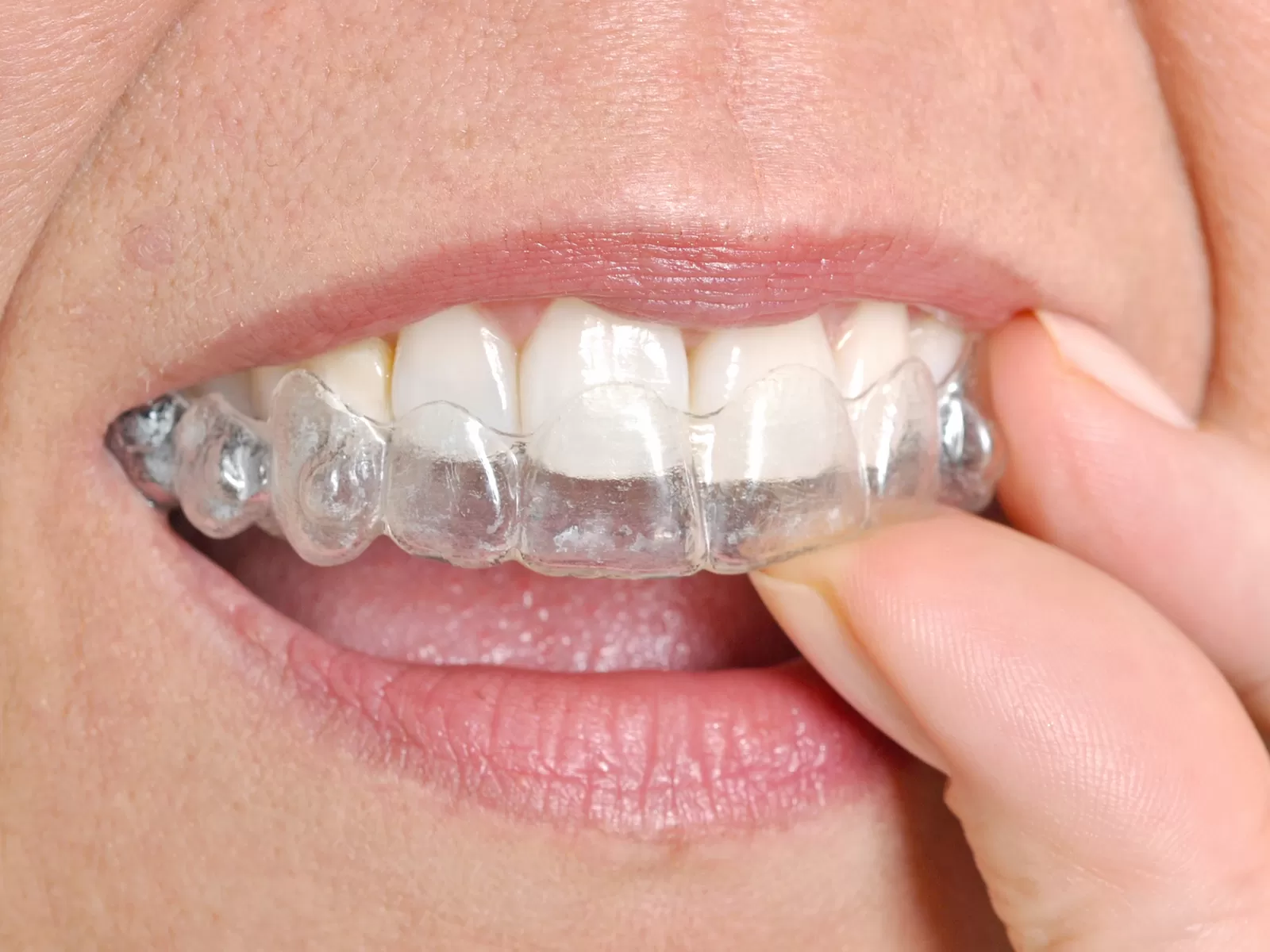4 Common Concerns You May Have About Invisalign
If you have a dental disorder, you risk various complications, including poor gum health, teeth fractures, cavities, and temporomandibular joint problems. One common orthodontic treatment your orthodontist may recommend is conventional braces, which are excellent for correcting bite problems and malocclusion and thus prevent oral health issues. However, one of the disadvantages of traditional braces is that they are highly visible in the mouth because they are made of metal brackets. Therefore, many people with dental issues increasingly prefer Invisalign Greenpoint, Brooklyn, NY. Unlike traditional metal braces, Invisalign is built from clear medical-grade plastic. The invisible and discrete nature of Invisalign often makes people not notice that you are wearing them.
Consequently, below are a few common concerns about Invisalign and things you need to know about them.
- The effectiveness of Invisalign
Recent studies indicate that Invisalign is as effective as conventional braces in correcting mild to moderate issues of teeth misalignment. Also, Invisalign is more effective than other clear aligners. You will find Invisalign effective if you strictly adhere to the treatment plan. For instance, you may need to wear your clear aligners every day for more than 22 hours.
It may take six to more than 12 months to achieve the desired result from Invisalign aligners. Treatments may last two years or more if you have a complex dental issue like dental crowding.
- Can Invisalign solve crowded teeth?
Dental crowding or overcrowding of teeth may happen when you have unusually large teeth, abnormal growth of teeth, extra adult teeth, lose baby teeth prematurely, or do not have enough space in your mouth or jaw. Therefore, your teeth will compete for space, which causes them to grow improperly, twist, and misalign, making you at risk of aching teeth or jaw, improper smile, difficulty chewing or biting, cavities, and gum disease.
If you have mild to moderate dental crowding, your orthodontist may recommend Invisalign. Still, conventional braces may be the best orthodontic treatment for a severe case of crowded teeth.
- Can Invisalign close a tooth gap?
You may have gaps between your teeth due to gum disease, an oral injury that fractures or knocks out your teeth, or a large jaw. For example, your teeth can be knocked out when you play contact sports and do not wear a mouth guard.
A missing tooth gap can cause the shifting and misalignment of your teeth and increase the risk of gum disease.
Your orthodontist may use Invisalign to close a gap left by a missing tooth.
Invisalign can also help treat a crossbite, gummy smile, and overbite.
- Can you eat while wearing Invisalign?
The design of Invisalign does not make it resist the pressure of chewing or biting. Therefore, before you eat anything, always remove clear aligners from your mouth to avoid breaking them and interrupting your treatment.
Also, some foods and drinks such as alcohol, soda, and tea and unhealthy lifestyle choices like smoking can stain your invisible braces.
Contact Brooklyn City Dental today to schedule an appointment and learn more about Invisalign and other orthodontic treatments.


